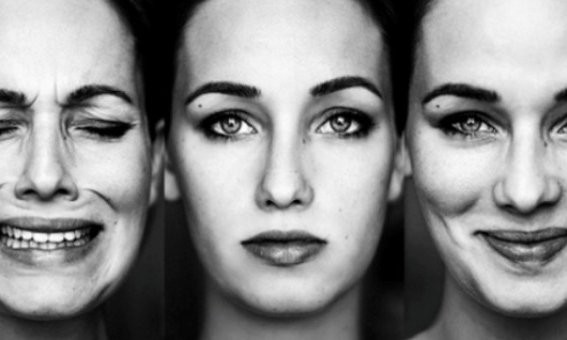
A story about emotionally numb and overly emotional people is a story about myself and my struggles.
How I Realized, I Am Emotionally Numb
At the age of 26, I was riding a bicycle to an appointment when I suddenly had an accident with a scooter. It was a light accident where no one got hurt. The only damage done was to my bike’s front wheel. It breaks to a point where I could no longer ride. It was an annoyance, mainly because I was late. Still, I told myself that it wasn’t a big deal. I could fix my bike, and the problem solved. I didn’t ask for any money from the scooter driver, even though it was his fault in retrospect. I went on about my day as efficiently as possible, trying not to think about what happened. What’s the point? It happened. I couldn’t do anything about it. So I should move on.
Later that day, I had time to stop by a shop, and when the shopkeeper told me the price to fix the bike, I got angry. Angry? Anger wasn’t a feeling I was expecting to have. But there it was. I was mad that I had to pay that absurd amount of money. I was angry with the scooter driver, as I didn’t get any money from him. Most importantly, I was mad at myself. There was no one else to blame for this situation but me.
Emotional Numbness Affecting All of My Life
At the same time, I was facing specific emotional difficulties in my life. Specifically, I was disconnected from my emotions. I did not become emotionless from one day to another. Instead, this situation accumulated over several years of my life and originated for several compelling reasons.
Specifically, as a man, I started my life with a natural propensity towards logic. Additionally, I was born and raised in a culture where emotions were said to be for girls. This was a system where students were praised for intellectual achievement, while schools were completely disregarding their participants’ emotional well-being. In this setting, being called emotional was similar to being accused of temporary insanity.
All this pushed me to go inside my head, and I become completely disconnected from my body. In many respects, it even disconnected me from other people, with who I could not connect emotionally, and for many years made me think of myself as an extreme individualist. I didn’t have any long-lasting relationships to speak of. I had only a few romantic relationships in my life that lasted in the best few months. I had only a few friends. At school and work, I did not connect with other people. I was an odd one in the group, and I always looked for the other weird people. I had more in common with them than with anyone else. I was often depressed, negative, and even contemplated the value of suicide, but decided against it, as perhaps I could see what else the world could offer. “I will give it a try,” I thought. In my life, people would consistently give me feedback to show more compassion and be less severe. I always dismissed these comments as illogical and annoying remarks.
The scooter’s accident made me angry, but it also helped me notice all other emotions I was repressing throughout the years. Quickly I ran home, opened my journal, and started to write down any feelings I was experiencing at the moment. I also thought of the past situations I could remember that triggered certain emotions. If I did not feel anything, I considered what feelings I could have or experienced in these situations. I even thought of any future situations, possible or fantasy, causing me to worry, wonder, or excitement. I documented it all. To my surprise, there were many different emotions. Some were negative, such as a feeling of jealousy, confusion, and stress. Others were positive, such as a feeling of happiness, excitement, and even love. There were even emotions that I couldn’t name.
Immediately, I took my freshly repaired bike and went riding around the city. I was experiencing the world in a whole new emotional way. At this moment, I realized that different situations gave me different emotions, such as the accident with the scooter and different objects and people. For example, some people I liked. Others I didn’t. I liked ice cream. I dislike smoking and so on. Some situations or objects didn’t make me feel anything specific. Still, before the accident, I was emotionally numb. Now, a whole new dimension of existence opened up to me. Don’t get me wrong. I was always feeling something. But it took me a highly intense emotional experience to leave my highly logical mind and reconnect with my body.
Soon, with additional research and training, I understood the concepts of emotional intelligence. I quickly took control of this part of my life. And while I was able to make this transaction, I realized that I wasn’t alone. Many other emotionally numb people are disconnected from their bodies and their emotions. Oppositely, there are also other extreme feelers. I used to think they were crazy. They were just too much connected to their feelings, letting them control their lives instead of logic.
The accident, however, showed me that we are all equals. We are all engaging regularly in behavior, which is illogical and clear-cut crazy. This is to say that, whether we are aware of them or not, emotions often control us more than we own them.
According to Attachment Theory, around 25% of people are naturally disconnected from their emotions. Approximately 25% are overly attached to their feelings, and about 50% are emotionally mature[1]. This isn’t to say that mature half knows how to control their emotions. Instead, they have more mature ways to deal with their feelings when they arise. Still, without consciously studying our inner world, it seems impossible to be 100% in control. As with everything else, we need a few correct insights.
Source:
- Levine, Amir & Heller, Rachel (2012). “Attached: The New Science of Adult Attachment and How It Can Help You Find – and Keep – Love.”



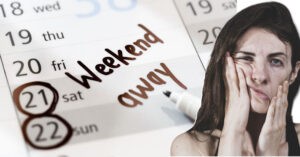



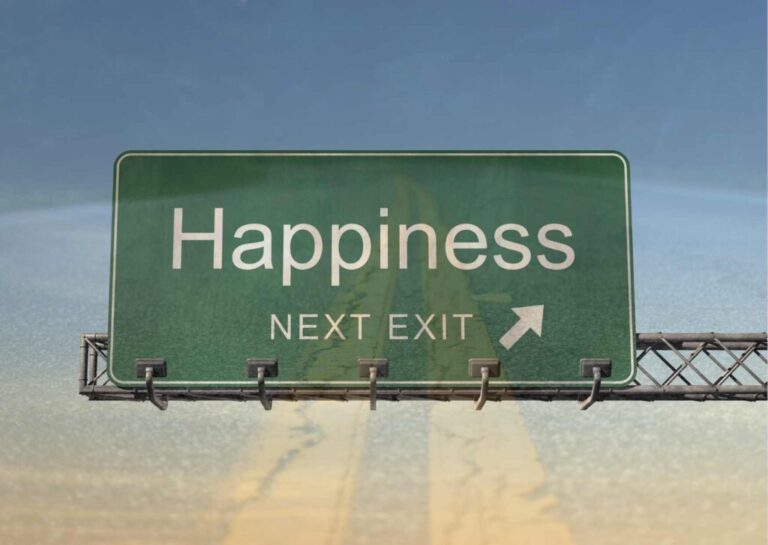
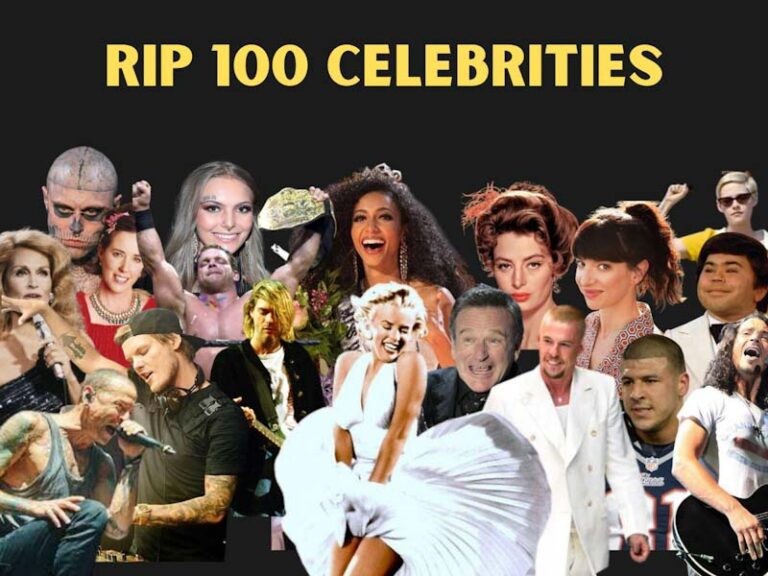


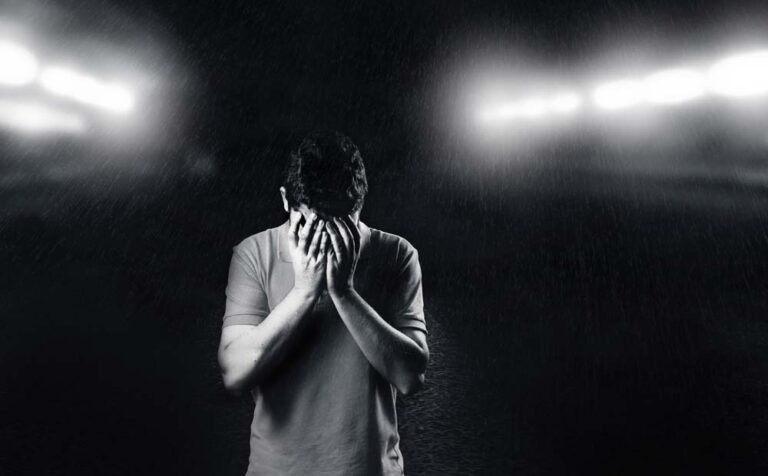




You must log in to post a comment.